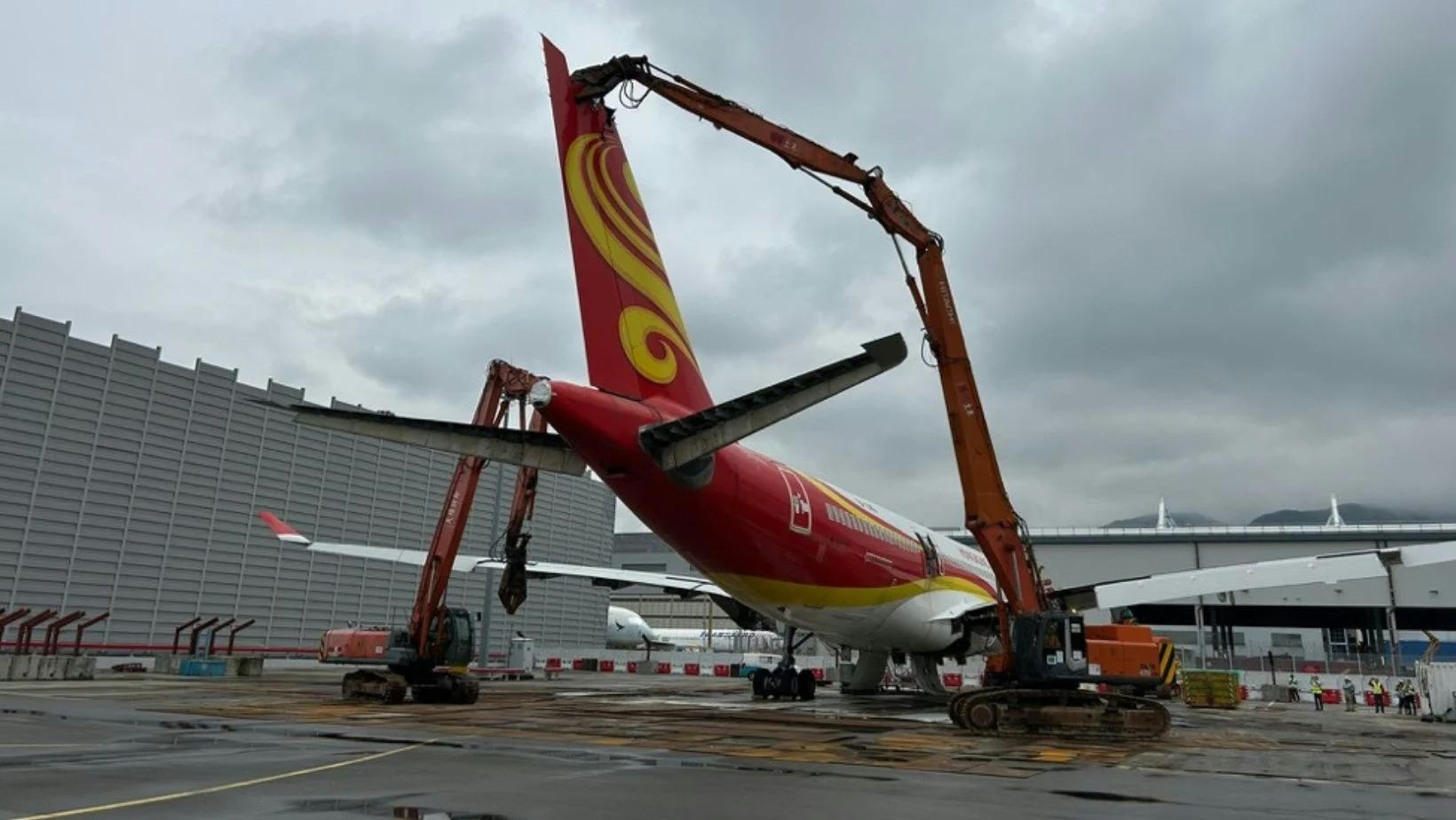
Smarter email, faster business.
Trending
Impact of US Tariffs on Aviation Aftermarket, MRO Providers, OEMs, and Operators
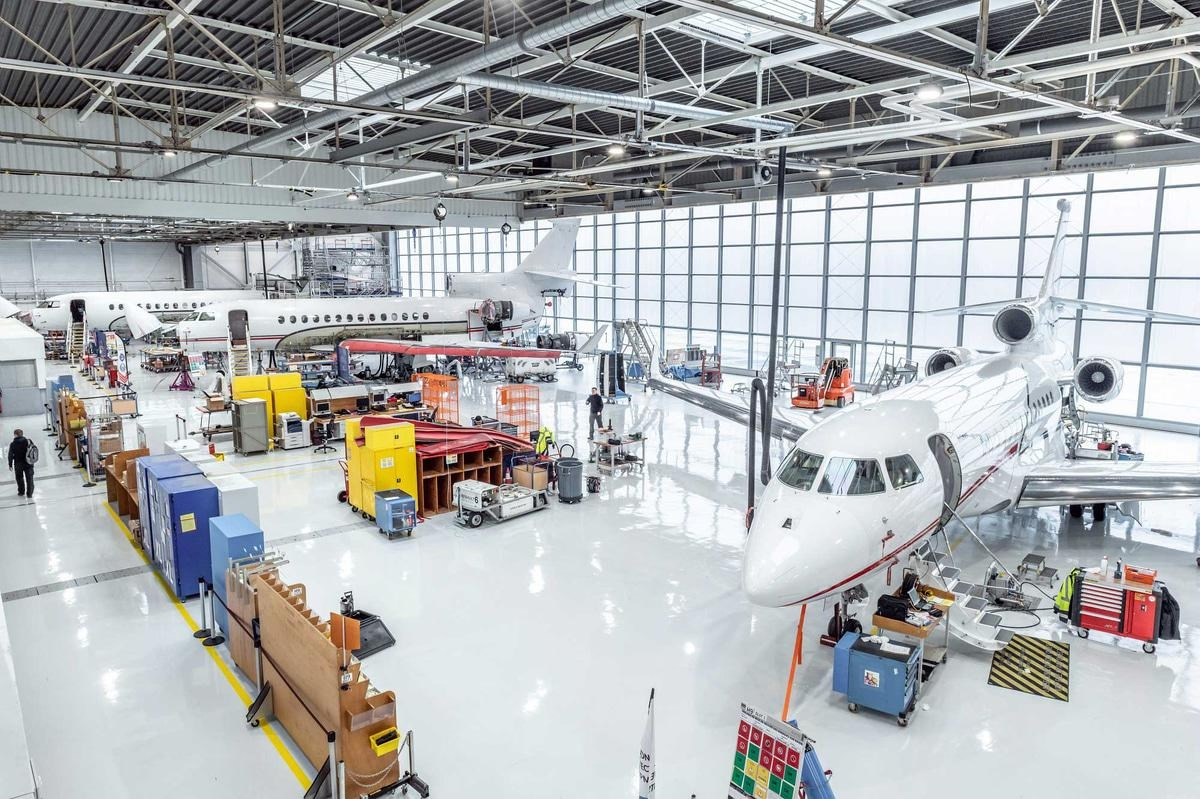
Impact of US Tariffs on Aviation Aftermarket, MRO Providers, OEMs, and Operators
The aviation industry, encompassing original equipment manufacturers (OEMs), operators, and the vital maintenance, repair, and overhaul (MRO) sector, has traditionally relied on a complex and interconnected global supply chain. Recent US-imposed tariffs ranging from 10% to 25% on aerospace goods originating from countries including China, the European Union, and Turkey are now disrupting this equilibrium. These measures are compelling industry stakeholders to reassess their sourcing strategies and prepare for enduring changes within the aviation aftermarket.
Tariffs Increase Costs and Disrupt Supply Chains
The introduction of tariffs on aerospace components and raw materials has injected considerable uncertainty into the aviation aftermarket, a sector critical to maintaining aircraft operability. The United States has levied a 15% tariff on aircraft parts imported from China under Section 301, imposed 25% tariffs on European parts linked to the World Trade Organization’s Airbus/Boeing dispute, and applied a 10% tariff on titanium sponge imports from Japan and Kazakhstan. These tariffs function as additional taxes on imported goods, directly inflating the cost of essential components.
For instance, a specialized sensor used in an aircraft’s flight control system, which previously cost an MRO provider $1,000, now carries a price tag of $1,150 due solely to the 15% tariff. This increase is not attributable to changes in manufacturing or material expenses but is a direct consequence of the imposed tariffs. Such cost escalations threaten the smooth flow of parts across borders, a cornerstone of the aviation aftermarket’s operational efficiency.
Financial Strain and Strategic Adjustments
The financial impact of these tariffs reverberates throughout the supply chain. While some suppliers may temporarily absorb a portion of the tariff to preserve market share or fulfill contractual obligations, this approach is rarely sustainable, particularly if tariffs remain in place or intensify. More commonly, suppliers transfer these additional costs to their customers, predominantly MRO providers.
For example, a component that previously cost $50,000 now incurs an additional $7,500 in tariffs, placing significant strain on MRO budgets. This increase can cascade further, leading to higher operational costs for airlines and, ultimately, passengers. Given the aviation industry’s characteristically narrow profit margins, such cost pressures may impede airlines’ ability to maintain competitive ticket pricing or invest in fleet modernization.
Industry Response: Supply Diversification and Opposition
In response to rising costs, both OEMs and MRO providers are actively seeking to diversify their supply chains by identifying alternative suppliers outside the regions affected by tariffs. While this strategy aims to mitigate financial impacts, it introduces additional complexity and logistical challenges.
Major airline operators, including American Airlines, have publicly opposed the tariffs, highlighting the increased operational expenses and the potential erosion of their competitive position. Airlines face the difficult task of either absorbing these costs or passing them on to consumers, all while upholding stringent safety and reliability standards.
Persistent Uncertainty
A prevailing challenge for the aviation sector is the uncertainty surrounding the duration and future scope of these tariffs. The absence of clear policy direction complicates long-term planning for all participants in the aviation ecosystem. Industry players must navigate a volatile environment, balancing escalating cost pressures with the imperative to maintain uninterrupted operations and customer satisfaction.
As the situation continues to develop, the aviation aftermarket, MRO providers, OEMs, and operators are compelled to remain adaptable, continuously refining their strategies to manage the ongoing repercussions of US tariffs on global aerospace trade.
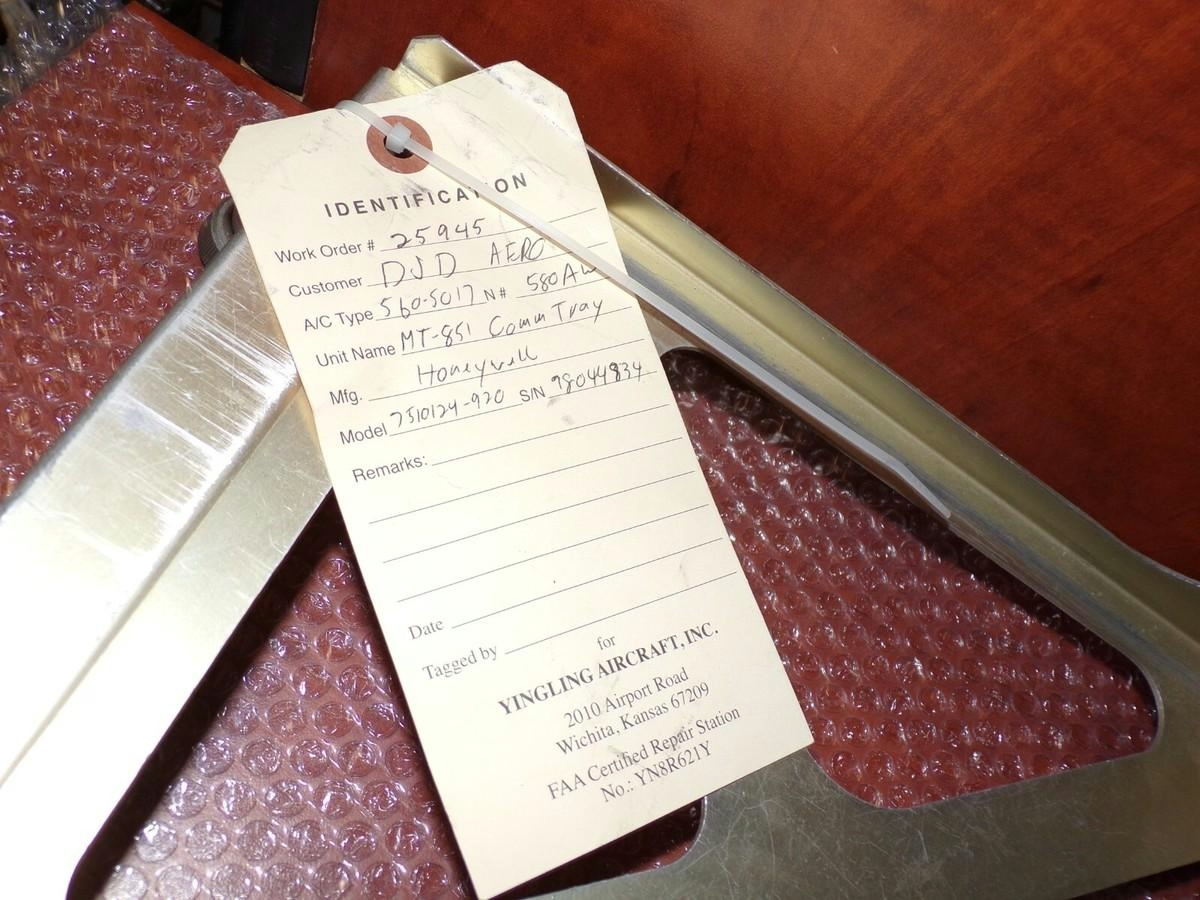
Yingling Aviation Named Authorized Honeywell Dealer
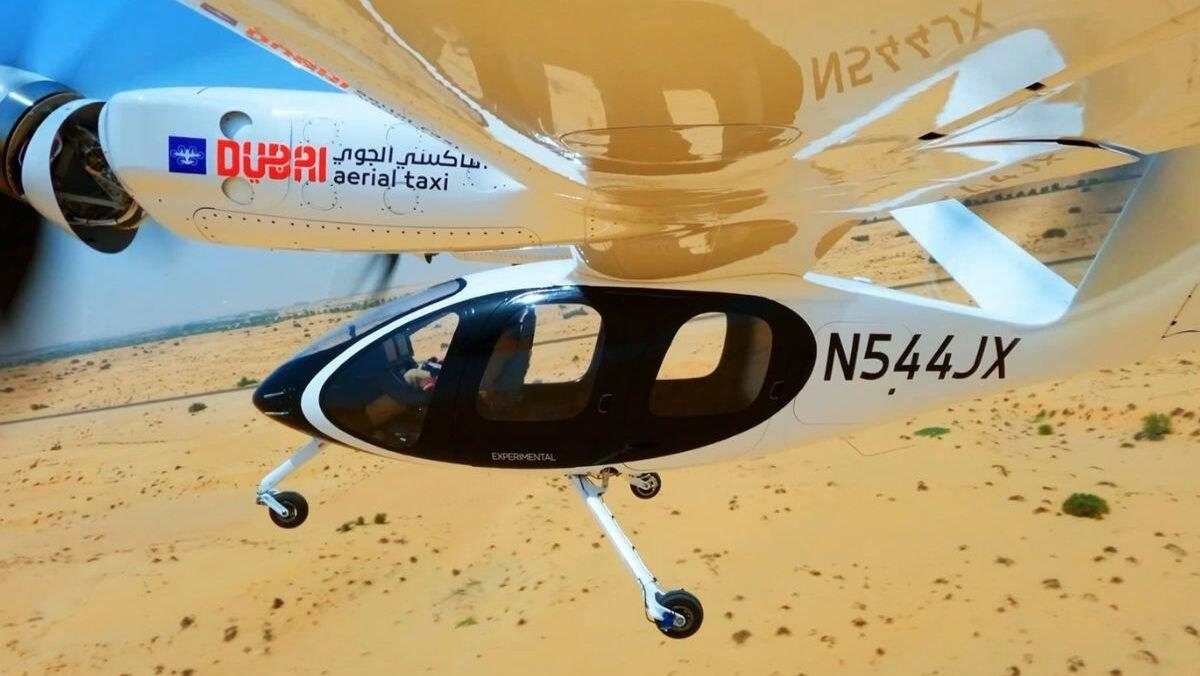
Does Joby Aviation's Milestone in Dubai Point Toward Further Growth?
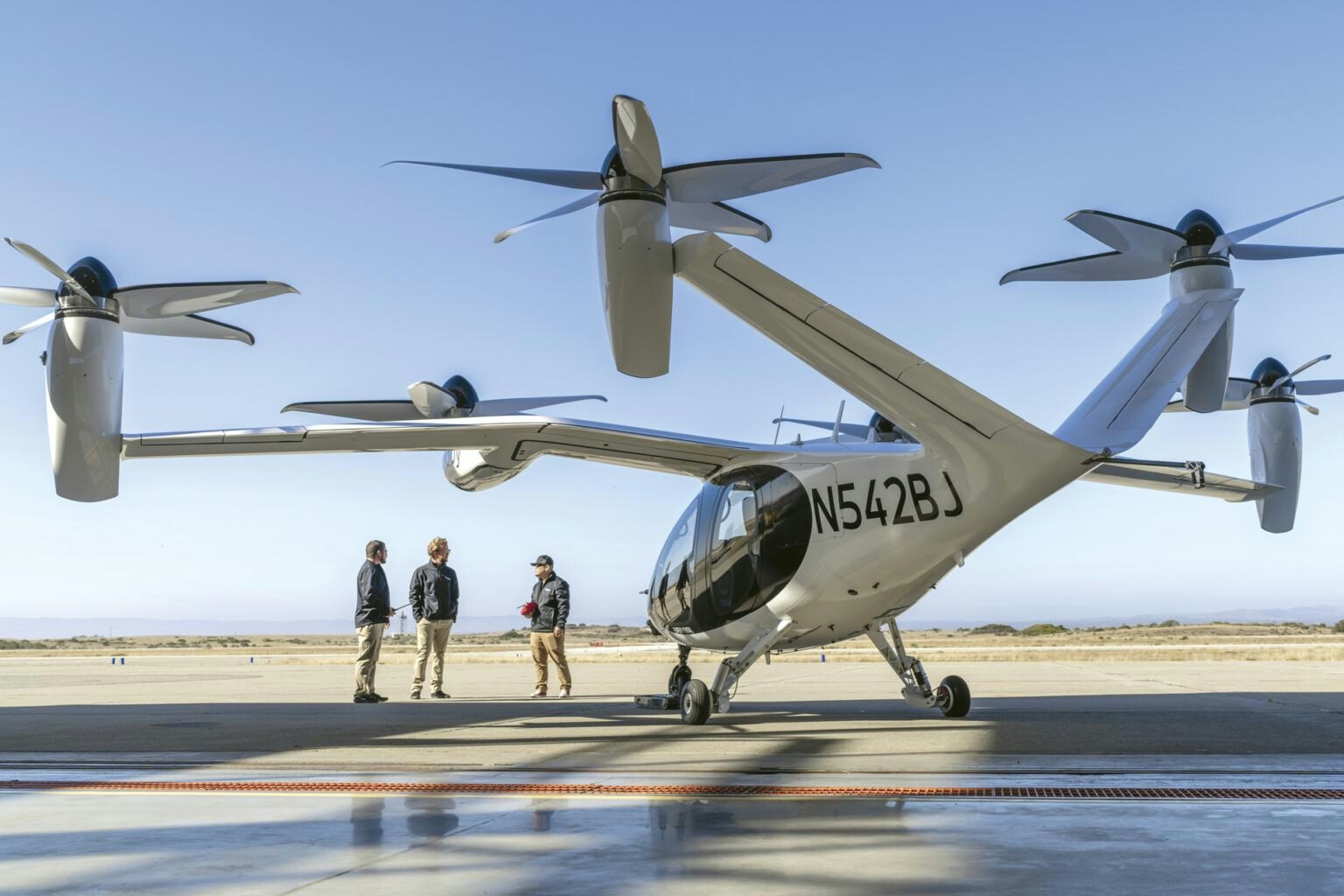
New Invention Promises to Eliminate Airplane Emissions in Country
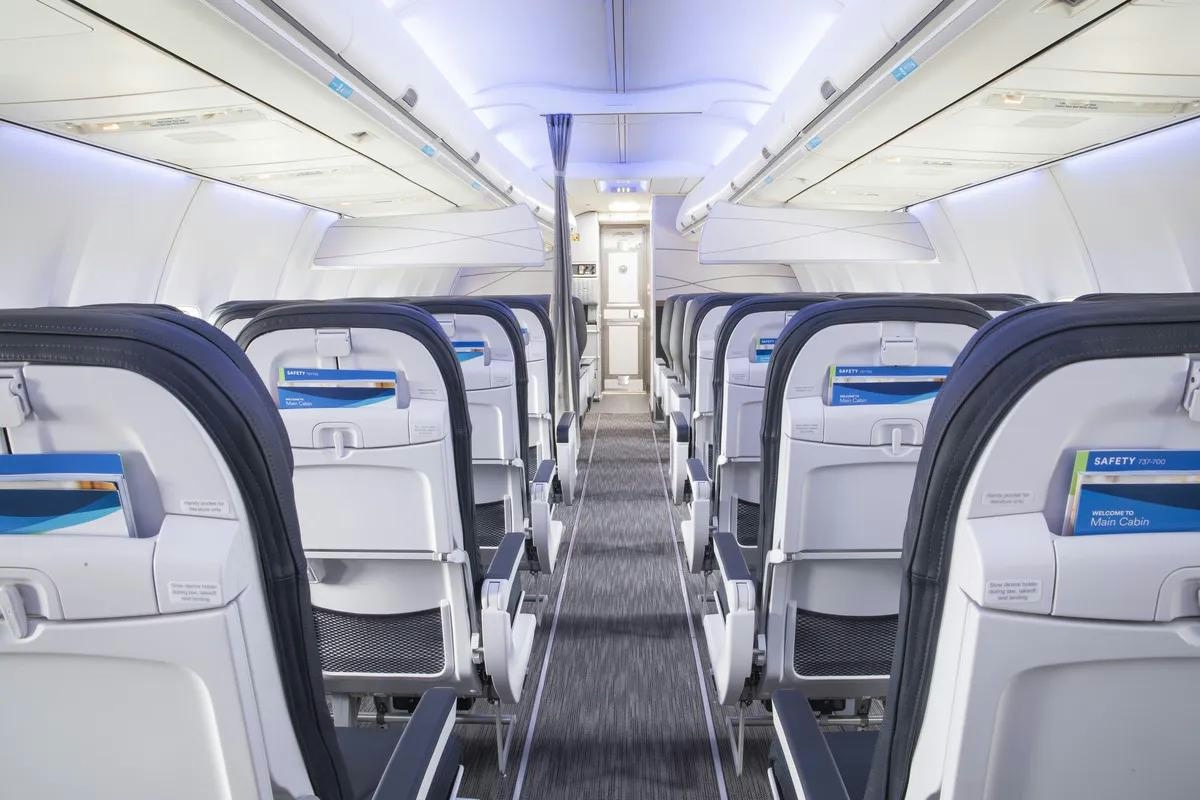
Key Questions on Chinese Travel, AI, and Airlines Answered by Skift
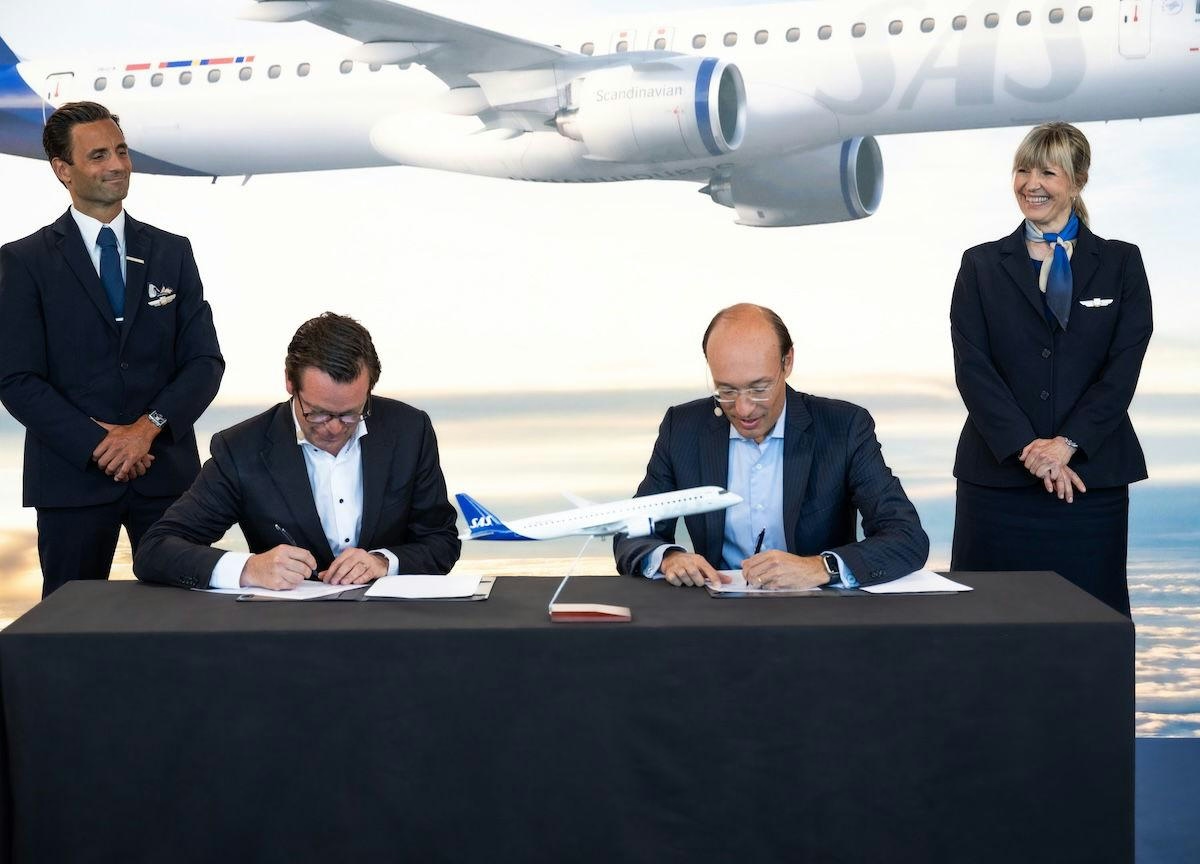
SAS Orders Up to 55 Embraer E195-E2 Jets
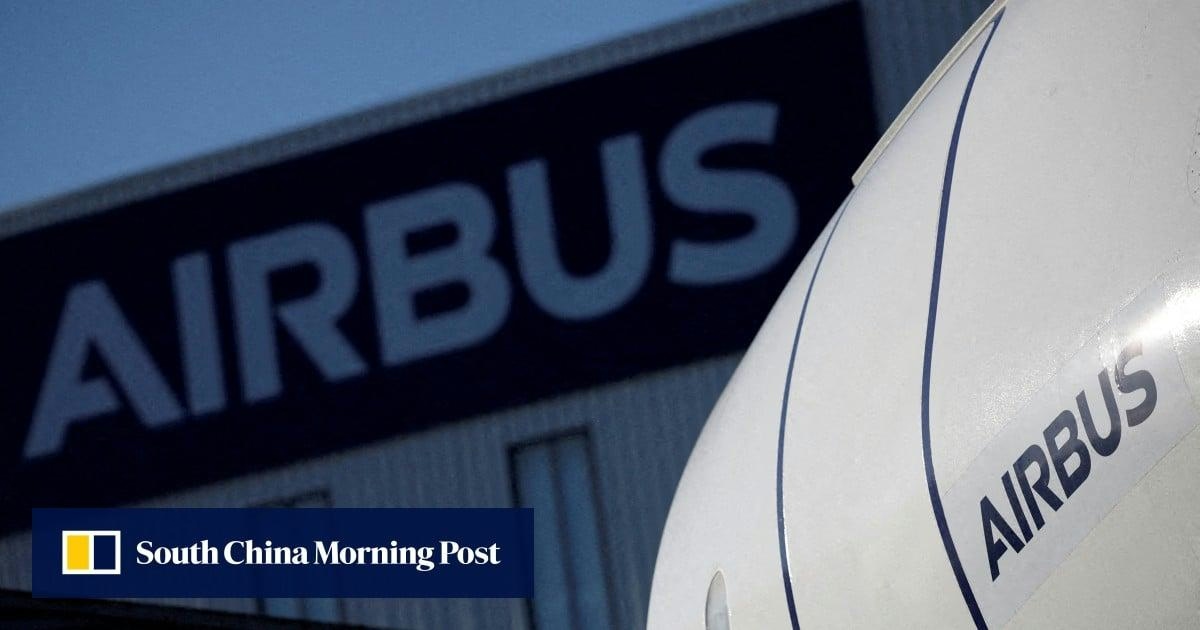
China edges closer to Airbus mega-deal, leaving Boeing out in the cold: analysts
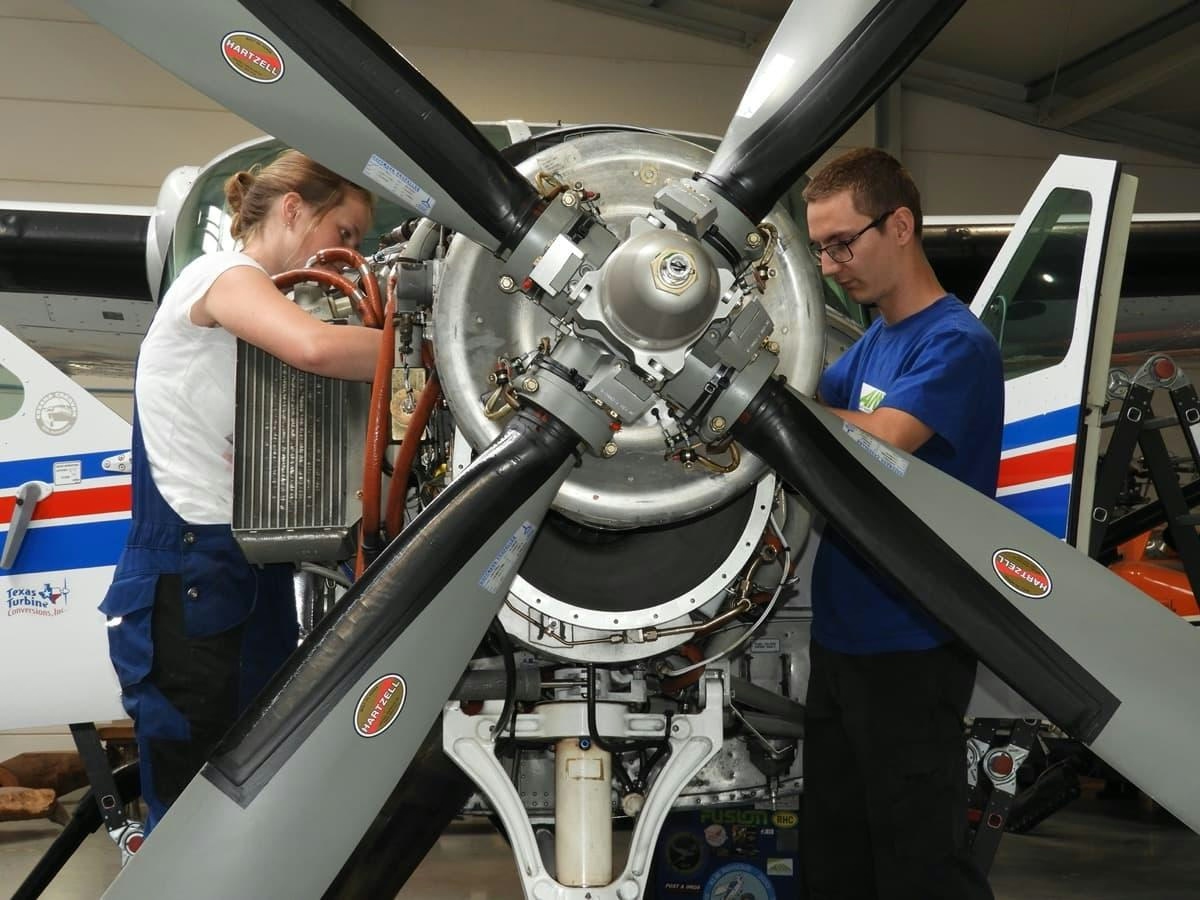
Rano Air Collaborates with Aviation Authorities to Investigate In-Flight Engine Malfunction
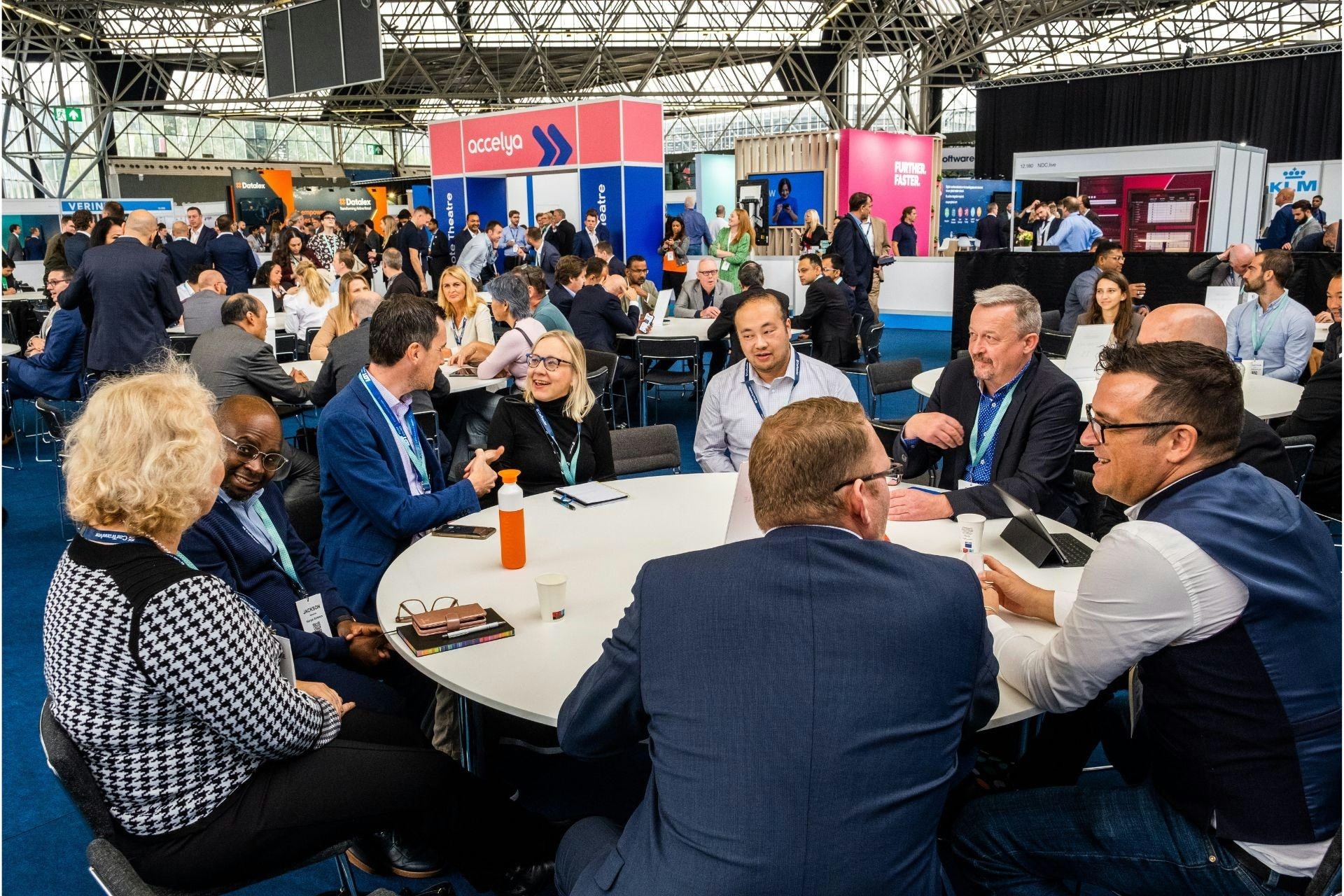
Portugal Hosts Aviation Pioneers at World Aviation Festival in Lisbon
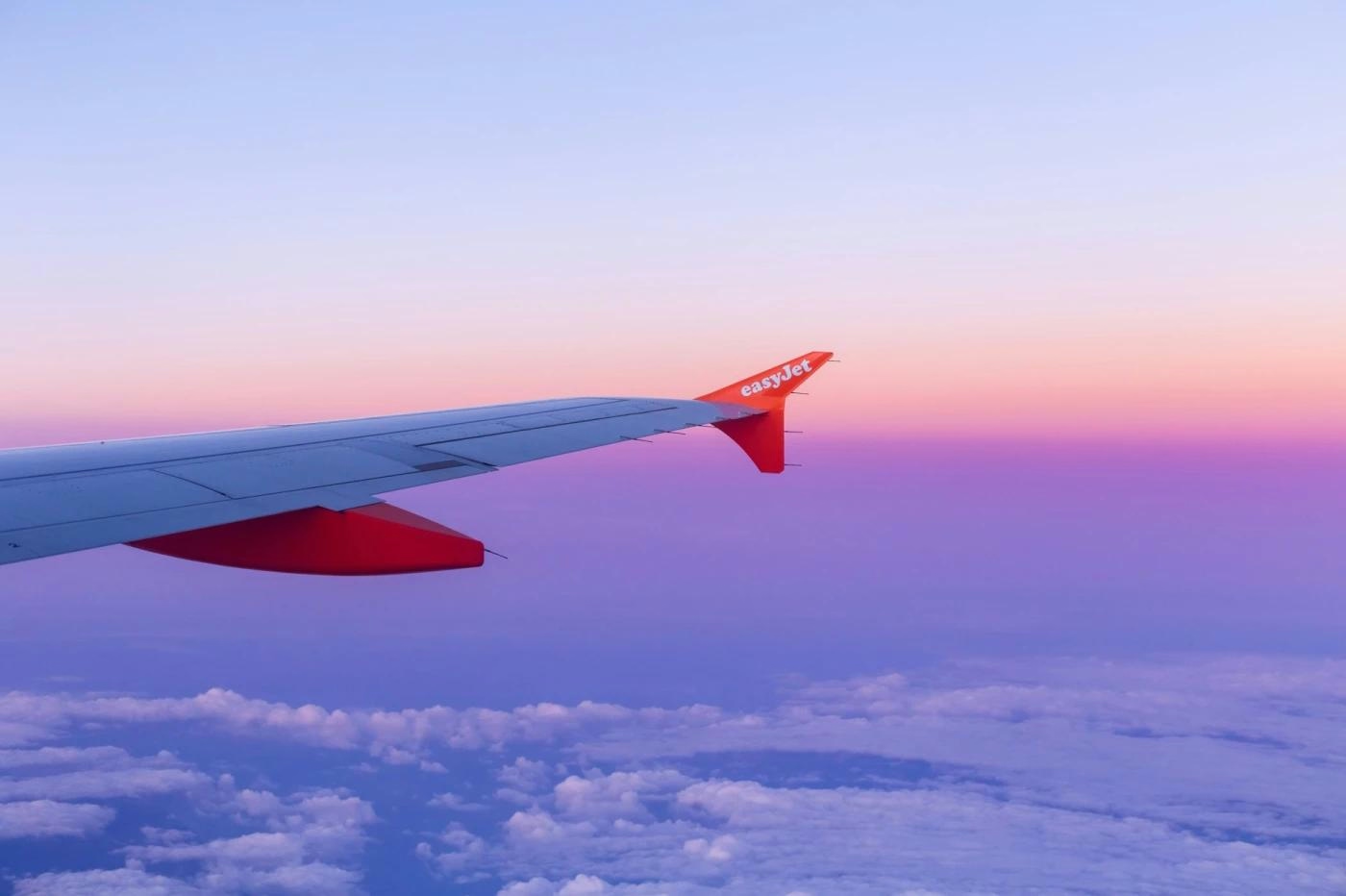
World Star Aviation Backs XMAL’s First Lease Deal with easyJet
